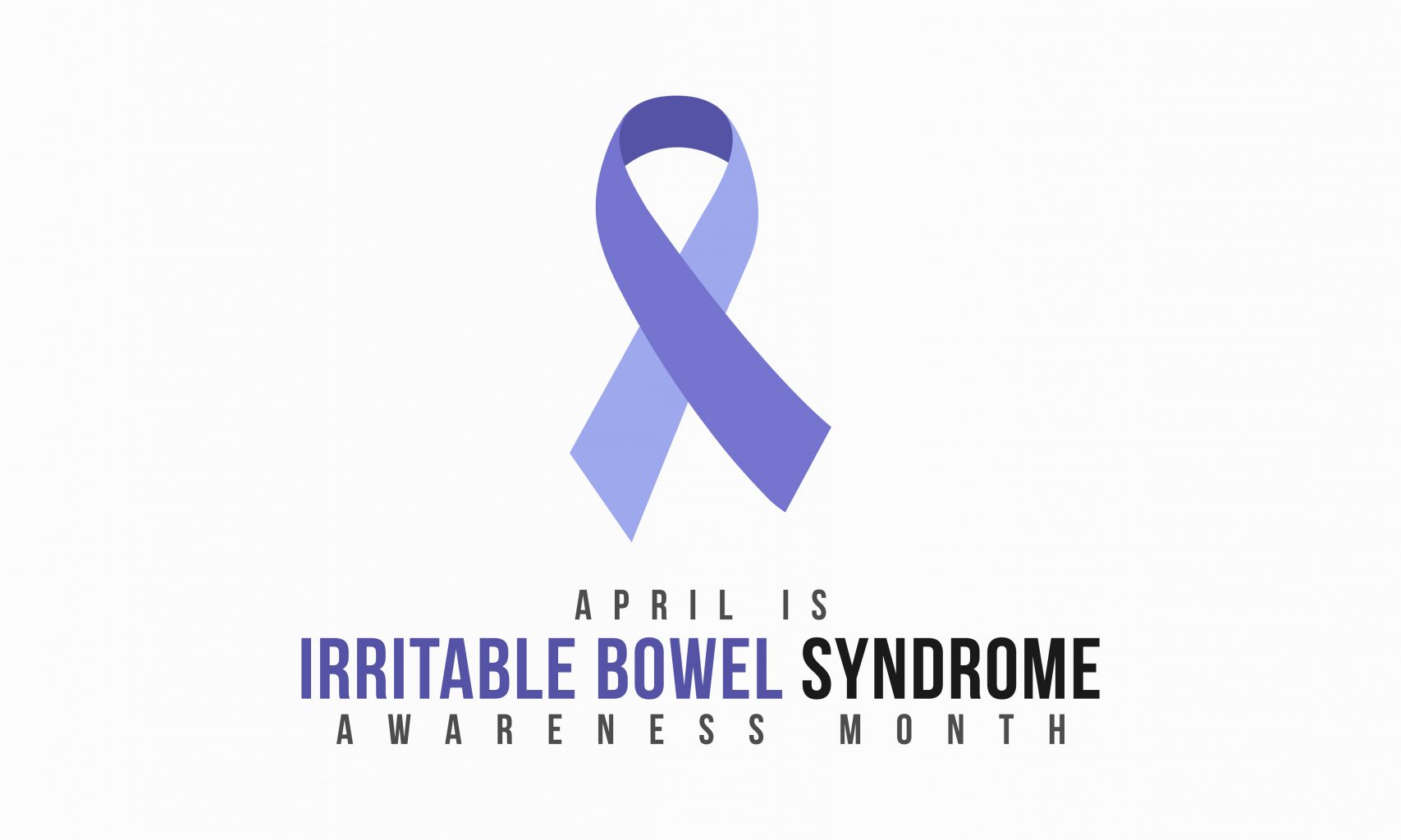IBS Awareness Month
It’s Irritable Bowel Syndrome (IBS) awareness month, so we’ve thought it would be great idea to help shed some light on this condition.
Overview
It is believed that roughly one in five people in the UK suffer from IBS and have episodes six times a year or more. Although it is possible to develop symptoms at any age, it is most common for people to have their first symptoms between the ages of 20 and 30 and women are twice as likely to develop symptoms. It’s considered that less than 50% of those who suffer from IBS will seek help.
Symptoms
For those that suffer with IBS, the symptoms may come and go over time and may last for a few days, weeks or even months. The main symptoms include:
- Stomach pain or cramps
- Bloating
- Diarrhoea and/or constipation
- Flatulence
IBS can also cause other symptoms such as:
- Tiredness and lack of energy
- Backache
- Feeling sick
- Headaches
- Trouble sleeping
- Needing to pee more often and urgently
If you think you may have IBS you should seek medical attention.
Causes
The cause or causes of IBS remain unknown. However, it has been linked to a range of things such as:
- Food passing through the gut too quickly or slowly
- Stress
- Genes
- Imbalance of bacteria in the intestines
- Oversensitive nerves in the gut
Ways to Help
There is no cure for IBS and there is still a lot to learn about the condition. Nevertheless, there are things that can be done to help the symptoms. The NHS offers the following advice for those that suffer:
- Cook homemade meals using fresh ingredients
- Keep a diary of what you eat and any symptoms – try to avoid things that trigger symptoms
- Find ways to relax
- Exercise regularly
- Try probiotics for a month to see if they help
There is also advice regarding dietary measures as nine out of ten people with IBS say that certain foods trigger symptoms. The following dietary advice is suggested for those that suffer from the condition:
- Eat regular meals and don’t skip meals
- Drink plenty of fluid. Limit the amount of caffeine, fizzy drinks and alcohol
- Try reducing or increasing the amount of fibre in your diet
- Do not eat more than three portions of fruit a day
- Limit fatty, spicy and processed foods
- Limit the sweetener sorbitol
- Try a low-FODMAP diet
If suffering with IBS, your GP may decide on a treatment for you, this could include medicines for constipation, diarrohea or stomach pain. In certain cases, your GP may recommend psychological treatments such as cognitive behavioural therapy or psychotherapy due to strong links with IBS and anxiety and depression. Another option is to visit a dietitian for advice, just make sure they are registered with the British Dietetic Association (BDA) if making a private appointment.
For those that suffer or know someone that does, the IBS Network is a charity which provides help and advice and has a wealth of information on the subject.
Facts about IBS
- One in five people in the UK suffer from IBS
- Two thirds of those are women
- Worldwide it is estimated that 10-15% of the population has IBS
- Individuals with IBS restrict their activities for an average of 73 days out of the year
- A survey from the International Foundation for Gastrointestinal Disorders (IFFGD) found that nearly 2,000 patients with IBS received their diagnosis 6.6 years after symptoms began.
- 20 to 40% of visits to gastroenterologists are due to IBS symptoms
- Stress can worsen the symptoms
- IBS is more likely to occur in those under the age of 50
If you are interested in finding out how healthy your gut is, try our Functional Gut test which measures key biomarkers produced by gut bacteria to provide you with a gut health score out of 10 as well as personal dietary and lifestyle advice. Shop here.
